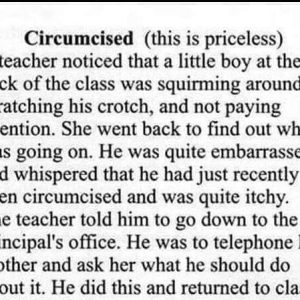“The Resignation of a Teacher Sparks Dialogue on Critical Race Theory
When Laura Morris, an educator, boldly addressed the prevalence of critical race theory and other political agendas in public schools, her actions led to a significant resignation during a school board meeting in Virginia.
In her sincere testimony before the Loudoun County School Board, she not only explained her decision to resign but also shed light on the impact of “equity trainings.”
An Emotional Testimony Laura Morris, who had spent the majority of her career as a teacher at Lucketts Elementary School in Leesburg, Virginia, seized the opportunity to express her concerns about the school board’s direction.
Troubled by the excessive emphasis on “equity trainings” and the imposition of political ideologies on students, she delivered a heartfelt speech articulating her disapproval.
Citing critical race theory, Morris resigned from her position because she felt compelled to promote divisive concepts among the most vulnerable constituents, the children.
Challenges to Freedom of Expression Morris revealed that the school atmosphere had become stifling to the extent that staff members were provided with paperwork to report those critical of the school board’s practices.
This raised concerns about the potential suppression of free speech and open debate within schools.
During equity trainings, Morris recalled being told that “white, Christian, able-bodied females” held dominant positions in schools, underscoring the controversial nature of these conversations and the need for change.
Her resignation letter highlighted the discomfort caused by these training sessions, sparking discussions on how to address such viewpoints in the classroom.
A Courageous Conclusion In her closing remarks, Laura Morris made a powerful statement, suggesting that her resignation served as a protest against the school board’s political agenda.
Her departure brought attention to the challenges teachers face when striving to encourage open dialogue while also meeting institutional requirements that may conflict with their personal beliefs.
The ongoing debate surrounding critical race theory and educational equity emphasizes the importance of schools carefully addressing these issues while upholding values such as open dialogue and respect for diverse perspectives.”





